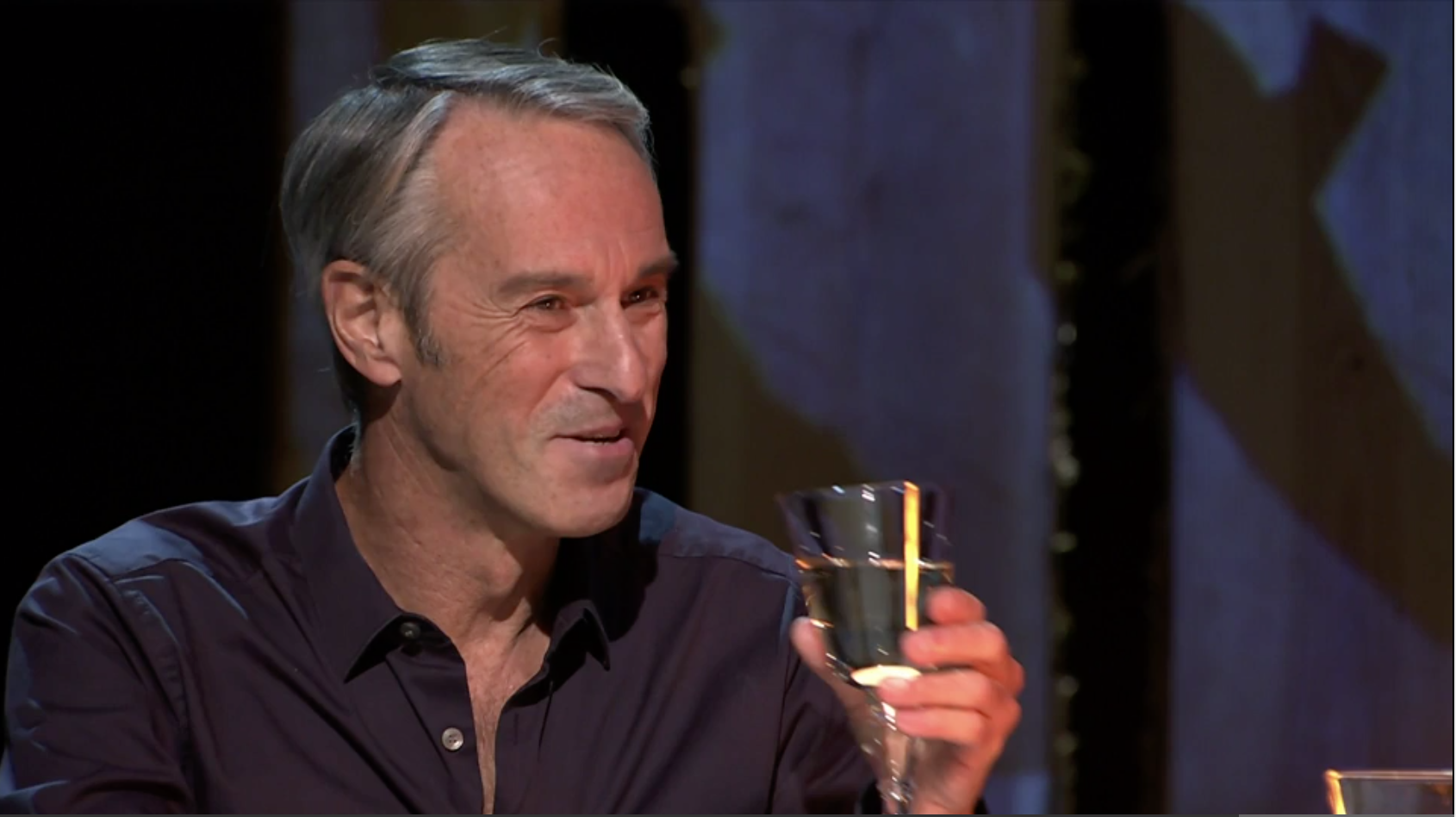

Someone is knifed somebody else films the assault with a smartphone, and shaky footage of the grimacing boy clutching his bloody ear fills the backdrop as bodies thrash below. They are in street wear, immaculate sneakers and glossy track jackets, sweatsuits, and beanies (An D’Huys did the appealing costume design) they have branded their necks with tattoos reading “Jet for Life.” Another line of boys appears, edgy and coiled-the Sharks-and a fight breaks out.

The menace and the delight of Leonard Bernstein’s score feel irrepressible, but these boys know how to repress-to “play it cool,” as they later sing. Their faces are projected by video camera onto the enormous wall behind them, and the orchestra strikes up its first notes. The play, loosely updated to the present, opens in moody silence, as a line of young men files onto the vast, naked stage. He wants to make us see an iconic work with new eyes, but all we can see is him. The production is an infuriating example of what happens when a powerful style calcifies into shtick-infuriating because so much that is exciting, even revelatory, here is crushed beneath the director’s insistence on a vision that feels narrow and doctrinaire. Now, after more than a year of preparation and no shortage of complications-two injured stars, one of whom had to drop out a delayed opening a nightly rally, held in front of the theatre, to protest the casting, as Bernardo, of Amar Ramasar (a New York City Ballet principal who was fired from and then reinstated to that company after sharing nude photos of a colleague), a foreseeable controversy that the producers have responded to in stiff, baffled fashion-van Hove’s “West Side Story” has at last opened (at the Broadway).

When it was announced that he would be taking on “ West Side Story,” among the most beloved and fraught of American musicals, the buzz began. Van Hove is celebrated for his austere, violent, video-heavy stagings, which attempt to reveal the hidden layers of classic texts.

The avant period is over he is simply part of the garde, influential and much imitated, not least by himself. The Belgian director Ivo van Hove is invariably referred to as “avant-garde,” but, considering that he has spent more than two decades making theatre in this country, including three recent productions on Broadway, that thorny honorific no longer really fits.


 0 kommentar(er)
0 kommentar(er)
